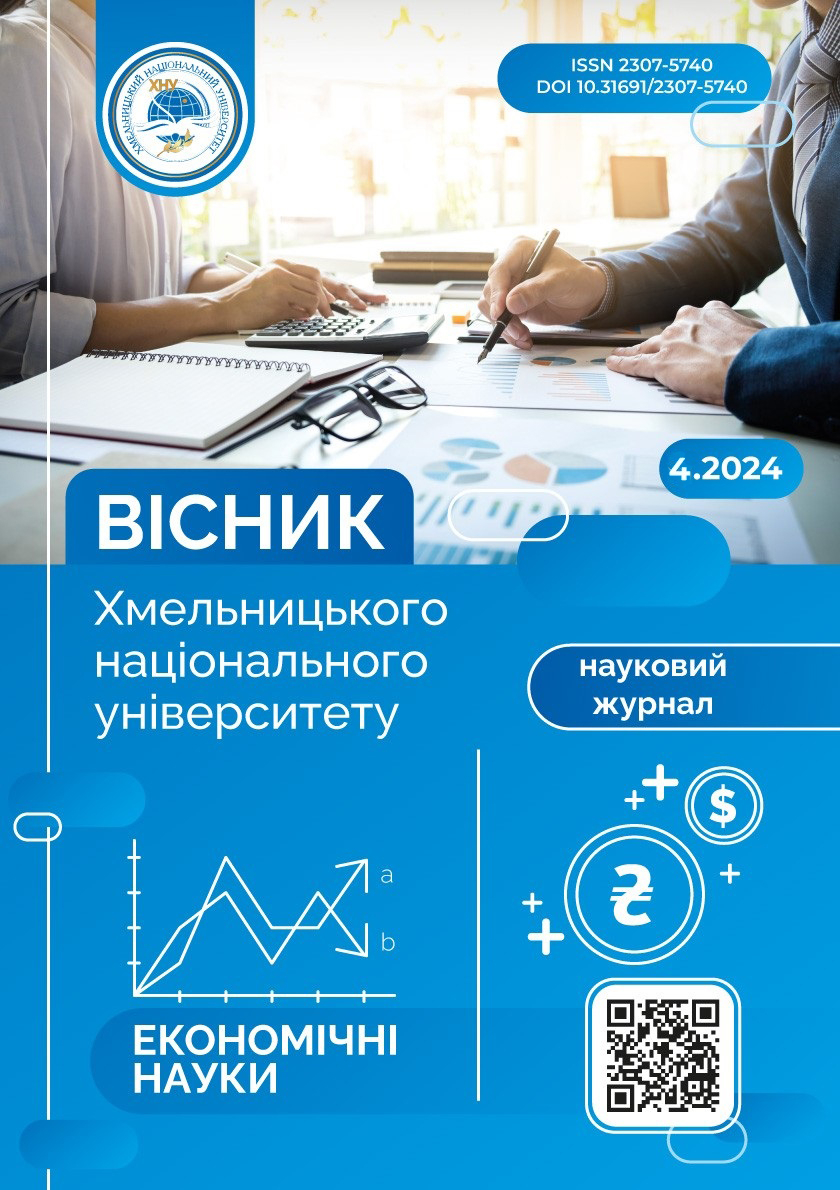PERSONNEL MANAGEMENT OBJECT IN INDUSTRY 4.0
DOI:
https://doi.org/10.31891/2307-5740-2024-332-31Keywords:
object of personnel management, HRM, human resources, Industry 4.0, personnel, competenciesAbstract
The article analyzes the object of personnel management in the context of Industry 4.0, which integrates advanced technologies such as artificial intelligence, robotics and automation. The article emphasizes the need for changes in the concept of personnel management, where digital technologies increase the effectiveness of HR functions and mitigate the negative consequences of the intensive development of technologies, going beyond the traditional personnel of the organization. Special attention is paid to the neuro-level of management, at which the elements of competencies are studied and become the object of management.
Based on the analysis of literary sources, it is proposed to define the subject of personnel management in the Industry 4.0 paradigm at the organizational level as a set of competencies and their carriers (permanent, temporary, seasonal, project, traditional, remote, home, freelance, crowdsourced, unpaid workers and their teams) , who perform work under the terms of agreements (agreements) with the customer of works.
The article substantiates the need for the integration of old and new personnel management objects in the practice of HRM in the era of Industry 4.0. The growing role of highly qualified specialists in the fields of programming, data analysis and management of complex systems, as well as the development of social skills (soft skills), such as critical thinking, systems thinking and leadership, is becoming critical. The use of artificial intelligence and automation raises issues of work ethics, preservation of human capital and protection of intellectual property.
The authors also consider the development of the concept of human resource management 4.0, which balances the digital and "human" components of work. The article offers a comparative description of the object of personnel management in the traditional and new paradigm, taking into account the influence of Industry 4.0, and concludes on the need to integrate new approaches to personnel management that meet the requirements of the modern economy and technological changes.


